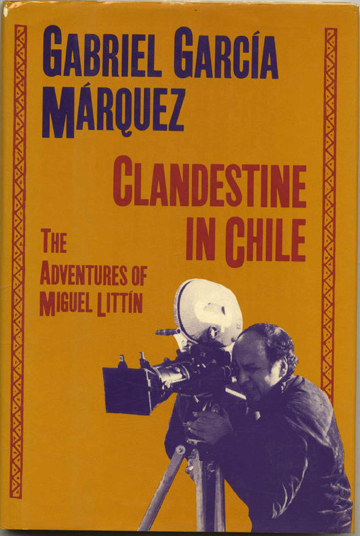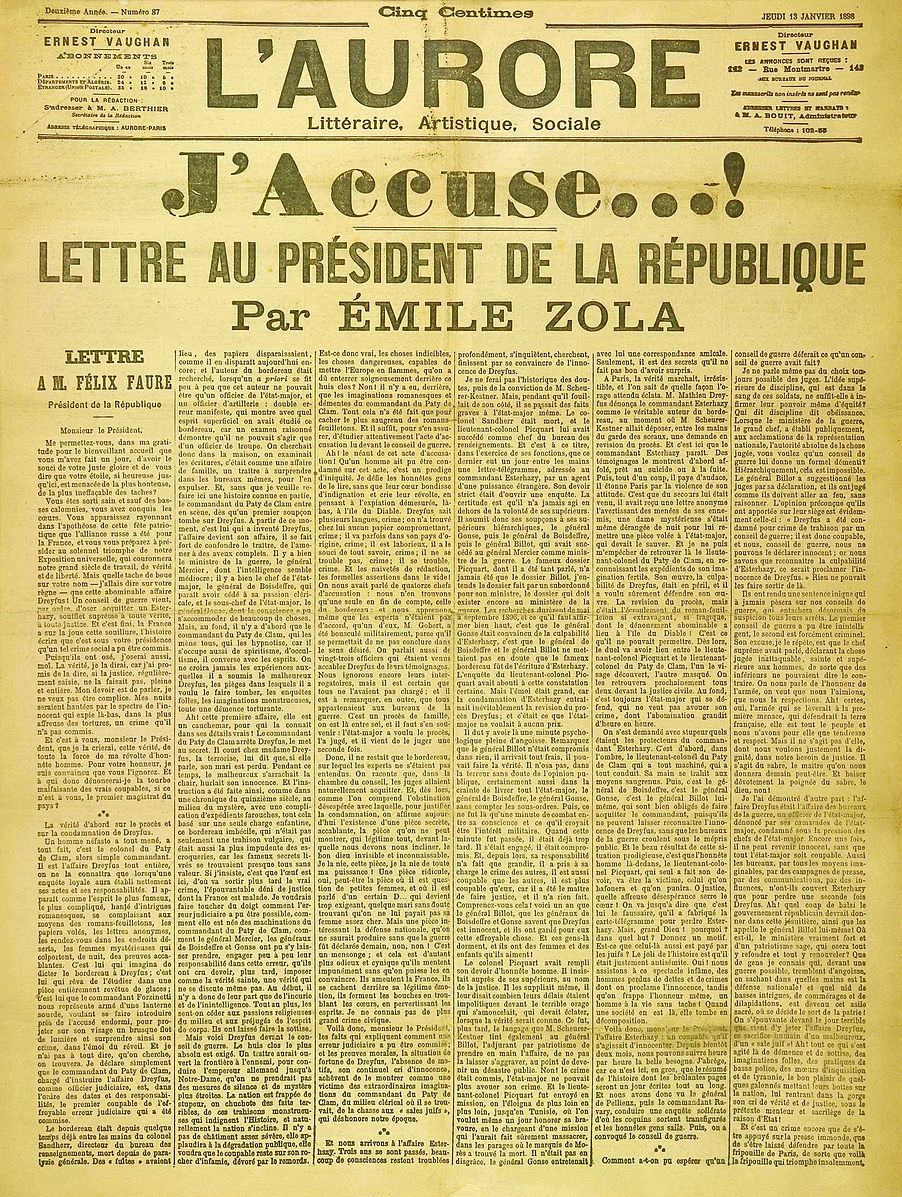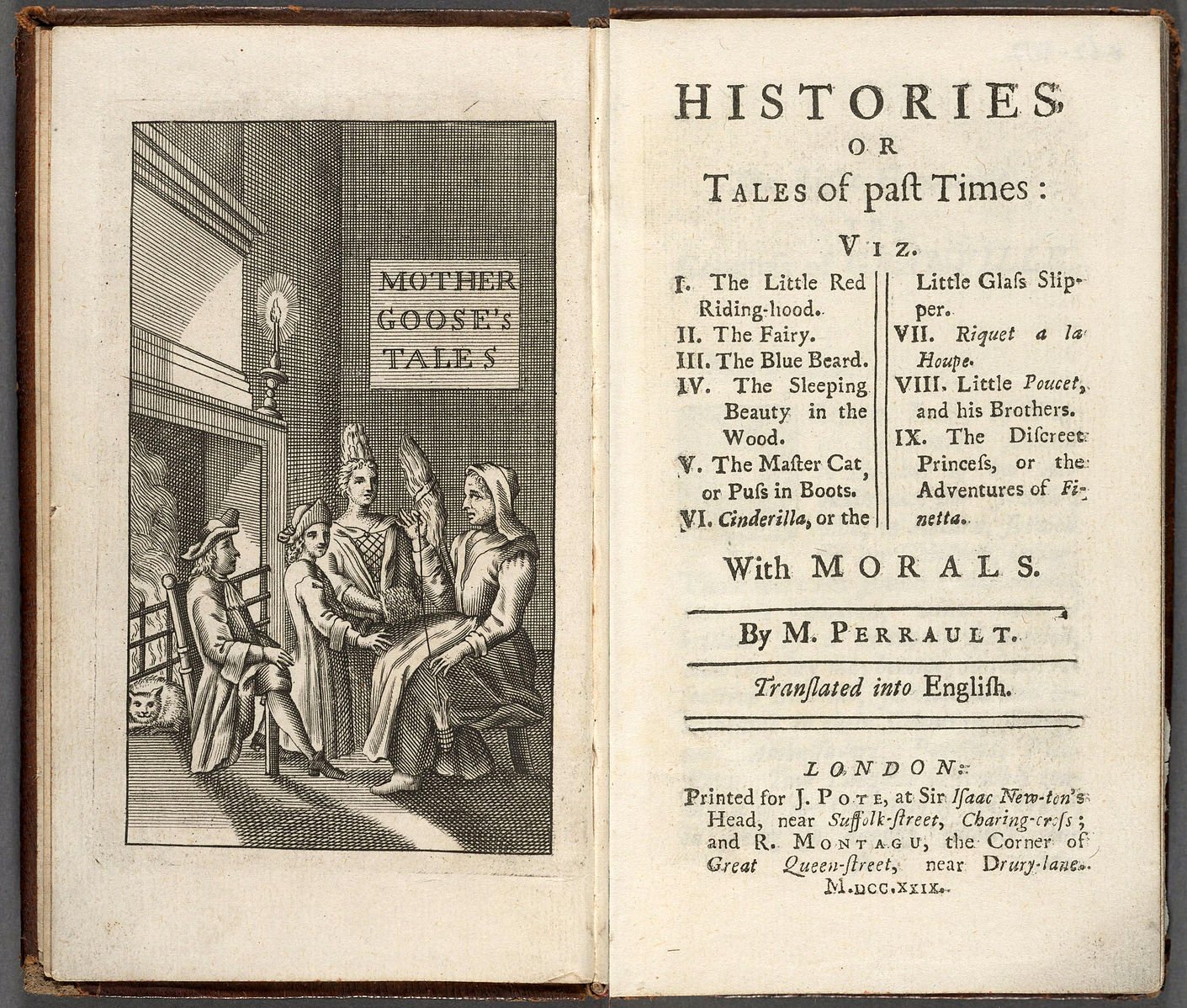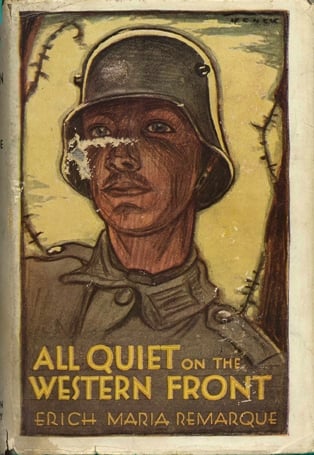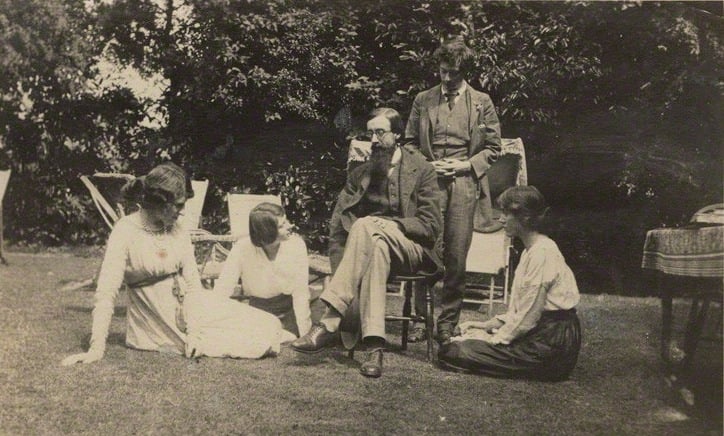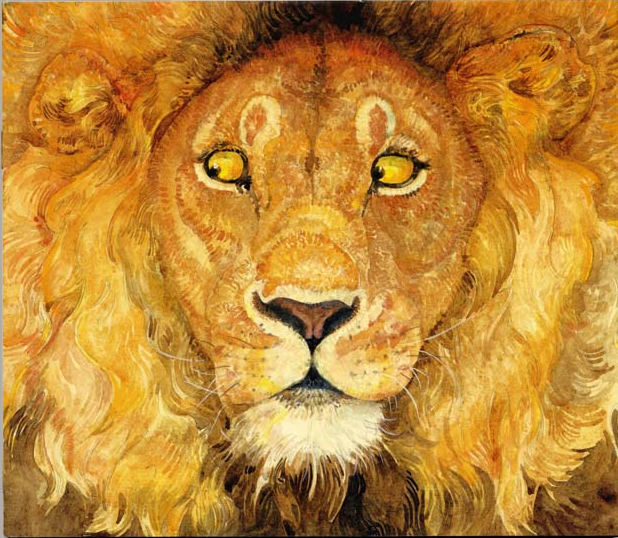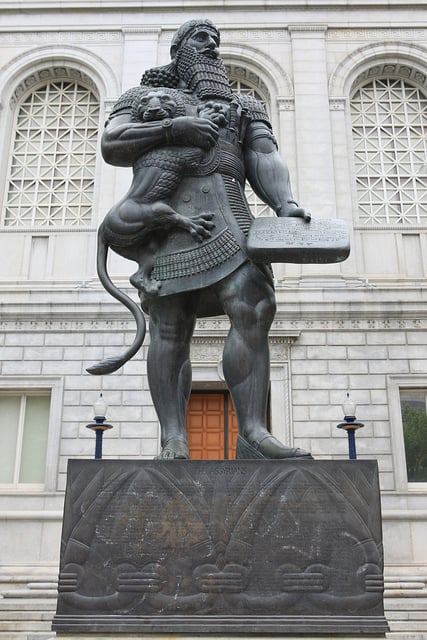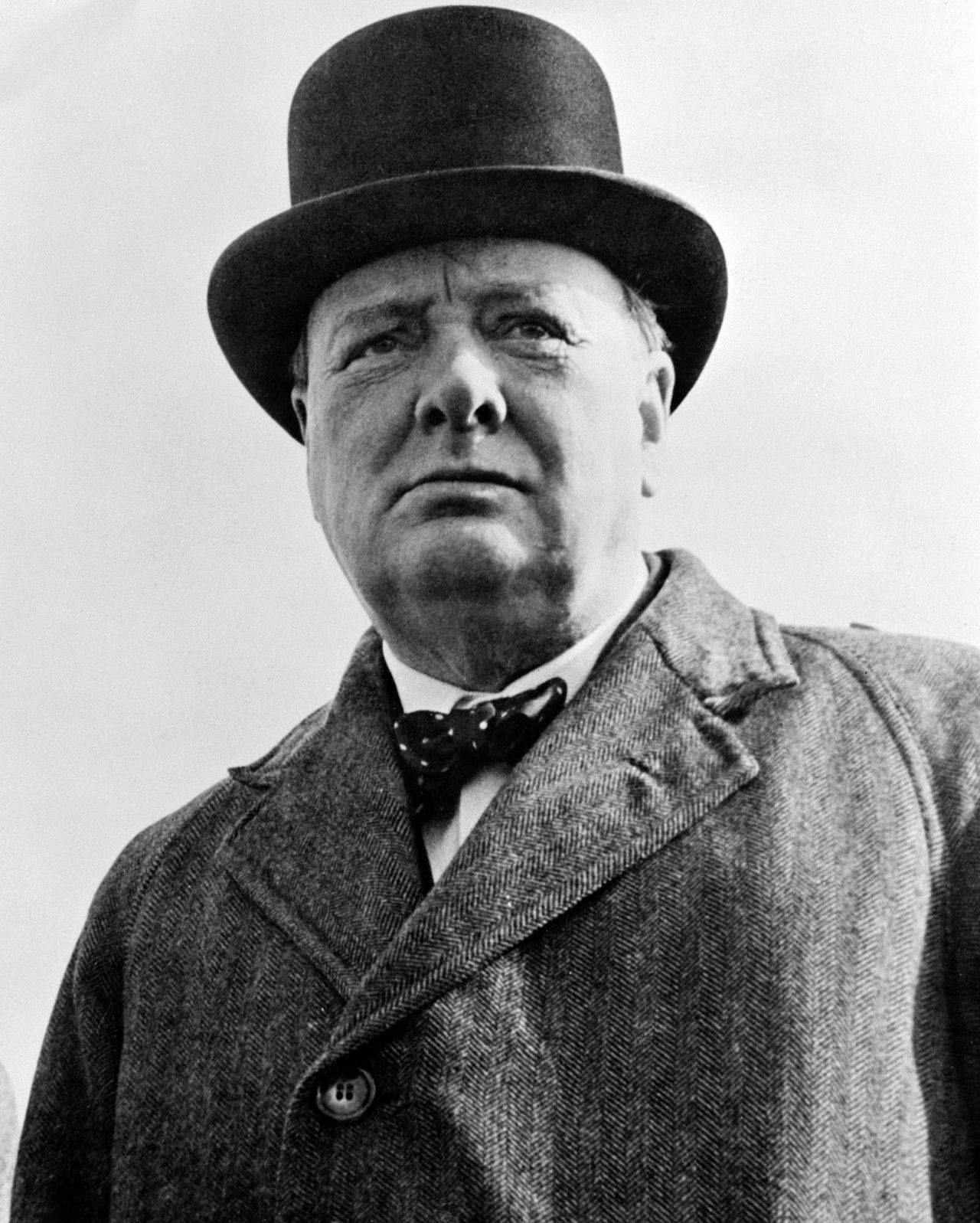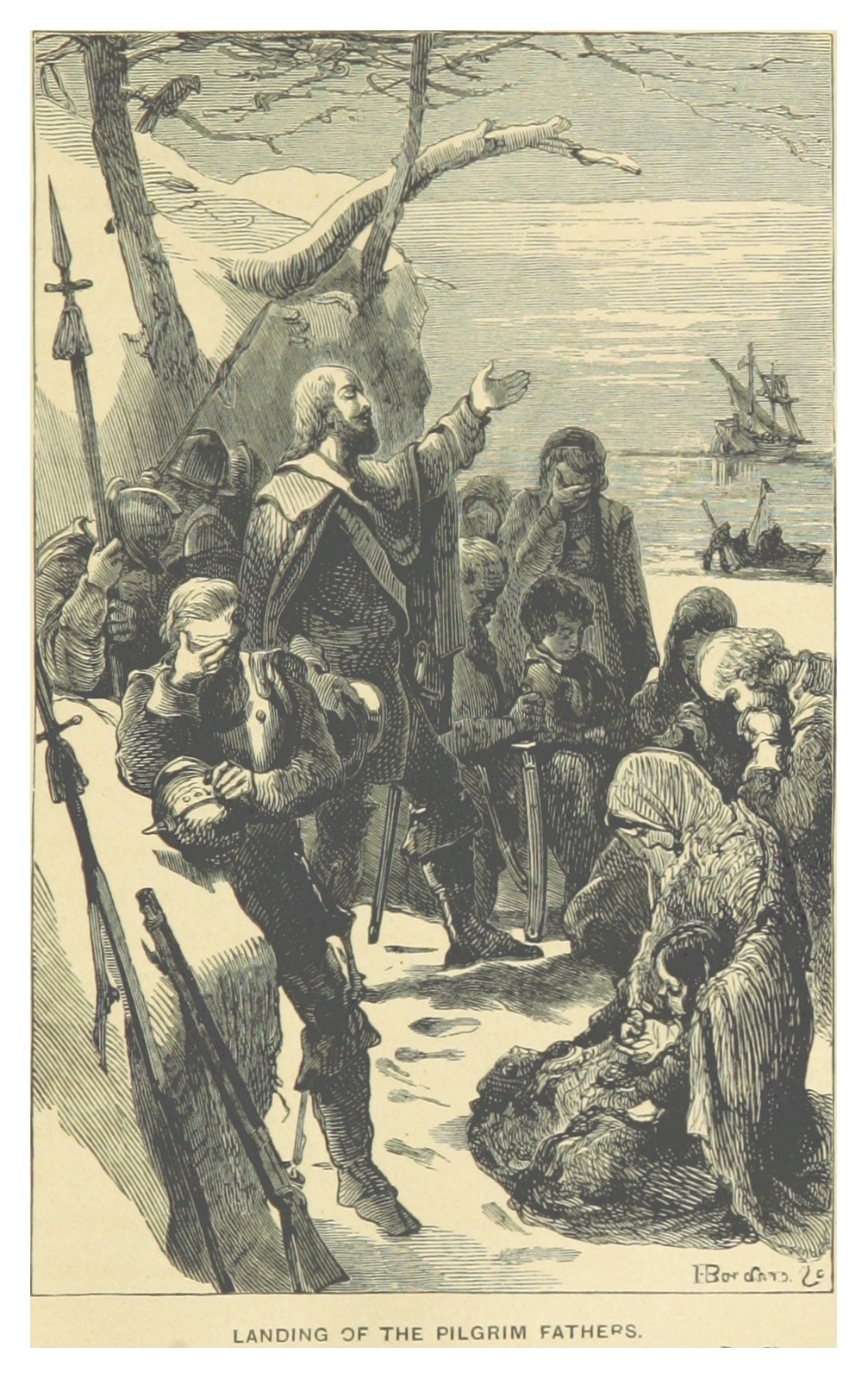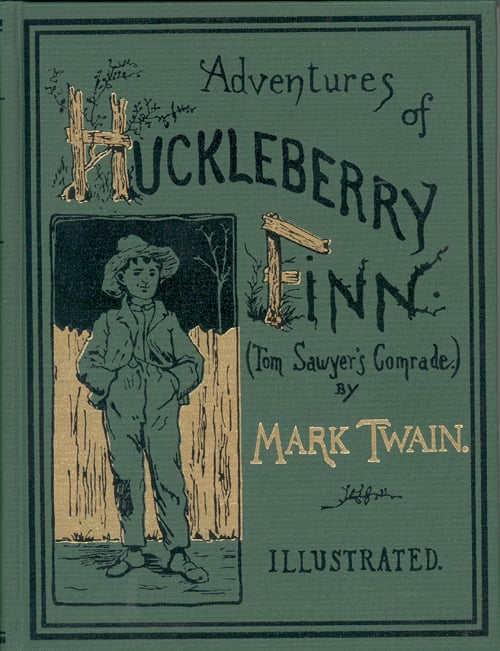The late, great Gabriel García Márquez (1927-2014) is best known for his fiction, flowing prose, and use of magical realism. His non-fiction, though somewhat lesser-known, is just as important to his memory. Take for example Clandestine in Chile (1986) – written from an eighteen hour interview with filmmaker Miguel Littin, who sneaked back into Chile after exile to expose the realities of the Pinochet dictatorship. In García Márquez's hands, the already thrilling true story becomes both electrifying and fraught with meaning.
us toll free: 1-800-948-5563 international: +1 (843) 849-0283 UK: +44 (0) 1334 260018




